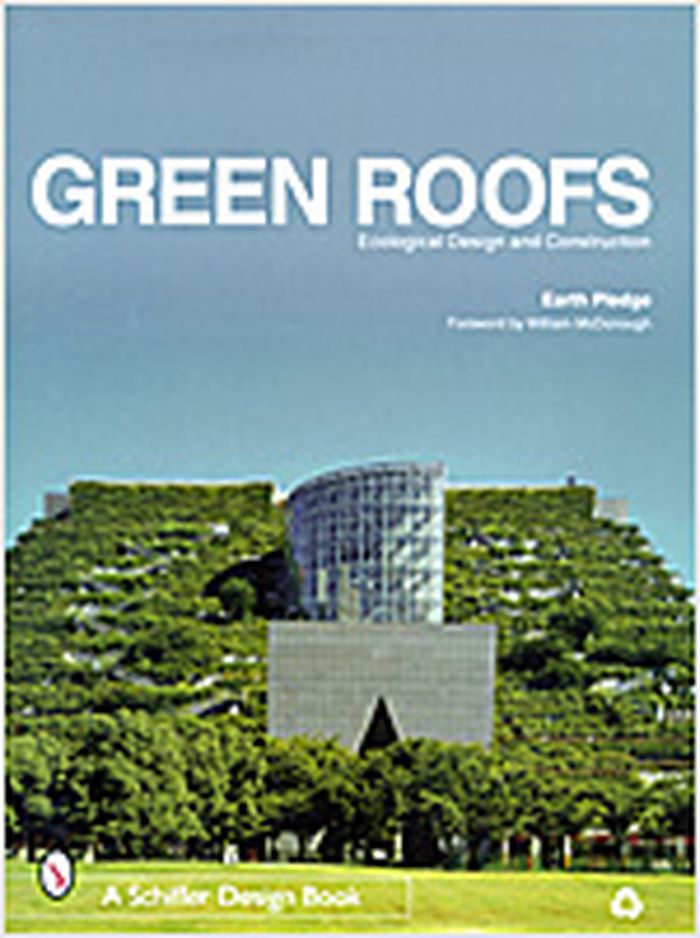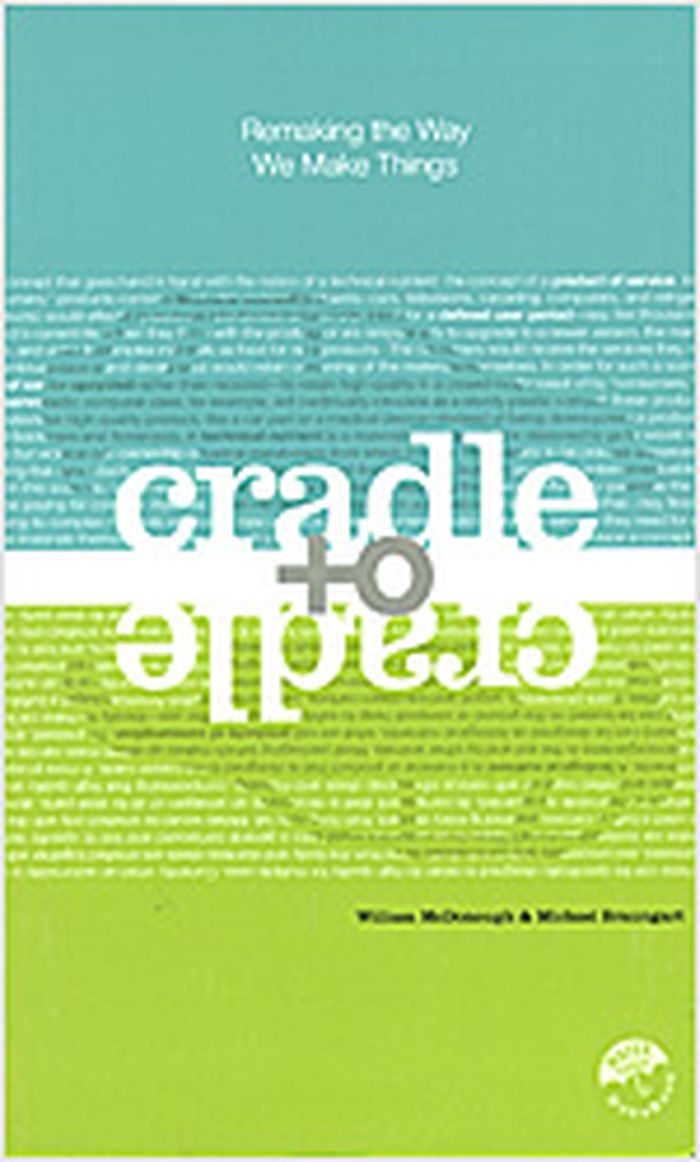$49.95
(disponible sur commande)
Résumé:
These are a few of the many reasons why green roofs are sprouting in cities around the world. This publication examines the possibilities for city-wide green roof development through 335 color photographs, 40 case studies of exemplary green roof building projects, and 7 municipal case studies describing green roofs in Berlin, Tokyo, London, Portland, Chicago, Toronto, and(...)
Architecture écologique
janvier 1900, Atglen
Green roofs : ecological design and construction
Actions:
Prix:
$49.95
(disponible sur commande)
Résumé:
These are a few of the many reasons why green roofs are sprouting in cities around the world. This publication examines the possibilities for city-wide green roof development through 335 color photographs, 40 case studies of exemplary green roof building projects, and 7 municipal case studies describing green roofs in Berlin, Tokyo, London, Portland, Chicago, Toronto, and New York. This book details the ecological benefits, technical requirements, architectural history, and design possibilities of vegetated rooftops. "Green roofs: ecological design and construction" will inform communities, designers, building owners, and local leaders by showcasing the environmental and aesthetic potential of green roofs around the world. William McDonough, an architect and leader of the sustainable development movement, provides an opening essay that considers green roofs as part of a larger project to harmonize the natural and built environments.
Architecture écologique
$31.50
(disponible sur commande)
Résumé:
A manifesto for a radically different philosophy and practice of manufacture and environmentalism. "Reduce, reuse, recycle" urge environmentalists; in other words, do more with less in order to minimize damage. As William McDonough and Michael Braungart argue in their provocative, visionary book, however, this approach perpetuates a one-way, "cradle to grave"(...)
Architecture écologique
janvier 1900, New York
Cradle to cradle : remaking the way we make things
Actions:
Prix:
$31.50
(disponible sur commande)
Résumé:
A manifesto for a radically different philosophy and practice of manufacture and environmentalism. "Reduce, reuse, recycle" urge environmentalists; in other words, do more with less in order to minimize damage. As William McDonough and Michael Braungart argue in their provocative, visionary book, however, this approach perpetuates a one-way, "cradle to grave" manufacturing model that dates to the industrial revolution and casts off as much as 90 percent of the materials it uses as waste, much of it toxic. Why not challenge the notion that human industry must inevitably damage the natural world, they ask. In fact, why not take nature itself as our model? A tree produces thousands of blossoms in order to create another tree, yet we do not consider its abundance wasteful but safe, beautiful, and highly effective; hence, "waste equals food" is the first principle the book sets forth. Products might be designed so that, after their useful life, they provide nourishment for something new-either as "biological nutrients" that safely re-enter the environment or as "technical nutrients" that circulate within closed-loop industrial cycles, without being "downcycled" into low-grade uses (as most "recyclables" now are). Elaborating their principles from experience (re)designing everything from carpeting to corporate campuses, the authors make an exciting and viable case for change.
Architecture écologique

